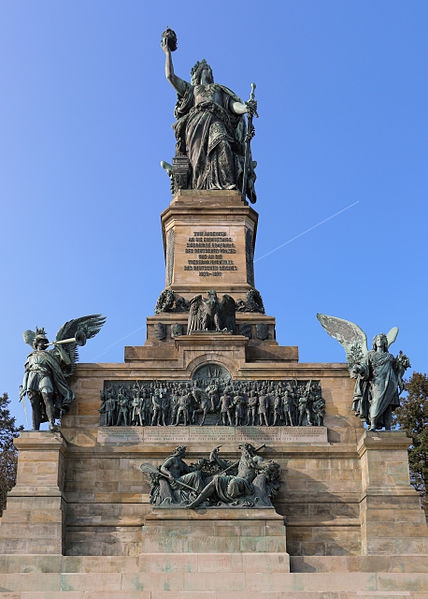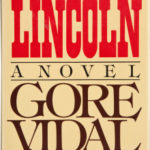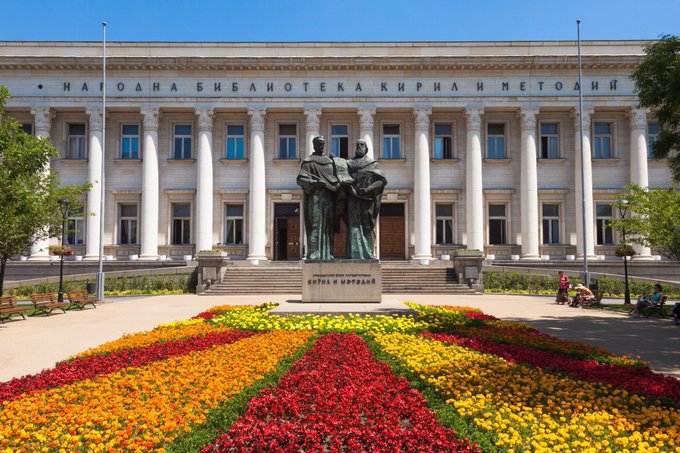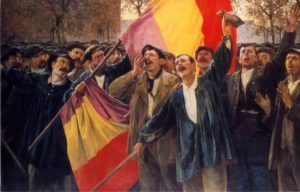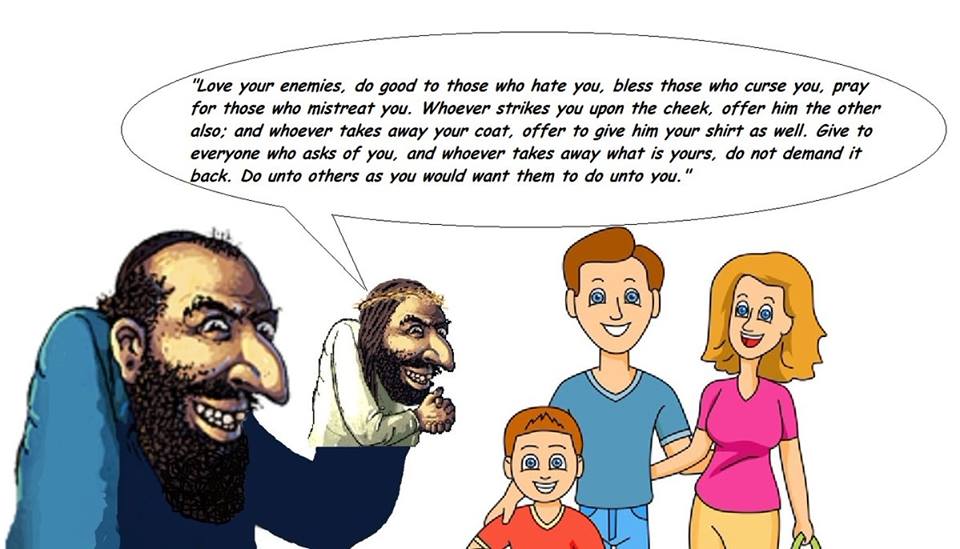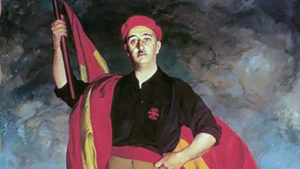 I have been watching documentaries interviewing Spanish academics about Francisco Franco and Franco’s Spain that have given me pause for thought.
I have been watching documentaries interviewing Spanish academics about Francisco Franco and Franco’s Spain that have given me pause for thought.
The first surprise I got was that the Second Spanish Republic ‘liberated’ women, a Newspeak term meaning that it altered sexual roles in the 1930s through a ‘feminism’ that was reversed during Franco’s regime, when women resumed their role as procreators. Homosexuality was also considered degenerating with the return to family values.
I was also unaware that the Spanish Civil War had been so bloody and that the battles from town to town, village to village had been so prolonged because the Republicans really believed in their ideology and fought, together with the foreigners who came to Spain to fight for the ‘freedom’ of Spain, with extraordinary persistence and faith.
In the mature phase of the war, the huge posters that lined the streets of Madrid with Stalin’s face really surprised me, as did the level of power enjoyed by the Soviets who had come to Spain to advise the Republican government. A picture is worth a thousand words, and those huge faces of Stalin and Lenin in Madrid leave no doubt as to who were the good guys in that war.
The memory of Franco should be revalued. If Hitler and the Germans had not been crushed by the bad guys in our film, the sexual decency that reigned under Franco would still reign in the West today. I recently said in the comments section that if I were to make a political career I would, like Hitler, have to compromise with Christians. And indeed: it is Christians like Matt Walsh in North America, and Agustín Laje in Latin America, who are doing a stupendous battle against the continent’s most florid psychoses when it comes to sexuality.
Today’s Woke monster is the final spawn of a process of inversion of values that began, in its secular phase, with the French Revolution but has only now reached its culmination in the United States whose hegemony influences the entire West, including that projection of the West, ‘Latin America’.
Another thing that has been striking me in the documentaries I watch is the tremendous support from civil society that the generalissimo received throughout his dictatorship. If Americans were to transvalue their values to the sexual decency of the past, they would have to repudiate democracy and consider having their first dictator although, unlike the first dictator in the UK—Cromwell—, without inviting Jews into the nation. (Recall that Protestantism has been more friendly to Jews than old-fashioned Catholicism.)
It is impossible to begin to familiarise oneself with Franco’s dictatorship without feeling that democracy must be repudiated as a body-snatched pod, including freedom of expression. The ceremonies in the big Spanish cities commemorating the historic milestones, so similar to the street ceremonies in Nazi Germany and Mussolini’s Italy, with tens of thousands of civilians cheering the Caudillo, are very inspiring about how we should proceed if we were to seize power. What I liked most, when the Nationalists won the war, were the tens of thousands (50,000?) of Reds executed. As long as the white nationalists of America don’t become men—real men kill the enemy—they deserve the System they have. In any case, 50,000 is nothing compared to the 50 million, or more, killed by the Communists in the century in which I was born.
That said, Franco’s Spain cannot be the model of the transvalued racists. Most of its military was rather monarchist, and they disliked the Nazi model because they considered it atheistic and idolatrous. Franco’s Spain never reached the level of Italian fascism. Although the Falange wanted to imitate Mussolini, it was opposed by the army, the monarchists and the Catholic Church hierarchy. Franco’s regime had the air of a fascist state, but in reality it never was. If Hitler had won, the Falange would have had its chance (see what Hitler thought of Franco’s Spain by clicking on the ‘Francisco Franco’ category below this article).
At the end of World War II, the Falange had a million members. We must consider that the Spanish Civil War was a prelude to WW2, as Soviet, German and Italian forces were involved in the form of direct aid to the two Spanish sides. But with the Allied victory over the Axis, Franco’s Spain began to be punished in an isolationist purgatory. It was then that Falangism was defeated in favour of a ‘Christian democracy’, which was fashionable in post-war Europe.
Spain was isolated, and to satisfy international pressure, the fascist salute was abolished. Thus the entry of Catholics into the post-war government in Spain made it clear to the Falangists that their influence would wane. (Only George Lincoln Rockwell would, on the other side of the Atlantic, pick up the torch: an isolated individual.) Only in this way, by proclaiming that the ideology of post-war Spain would be a ‘national Catholicism’, could Spain be more or less tolerated, though not admitted with open arms by the international powers.
An almost medieval clericalism pervaded the mores of Franco’s Spain, along with the exaltation of the national. But therein lay the problem. As we have seen, Christianity had been the ideology that weakened the Visigoths in Hispania by mixing their blood. After the dictator’s death, Spain would be at the mercy of the liberal, deranged West.


